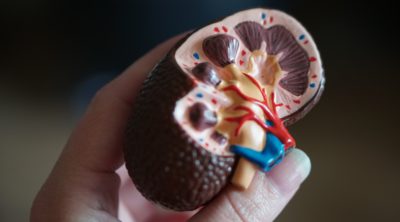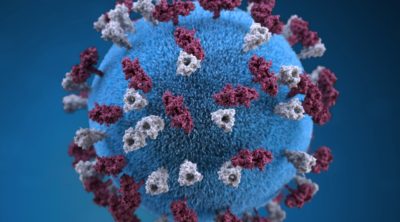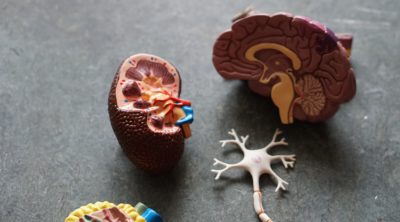Our body is always on the fight against foreign invaders: germs, bacteria, and viruses! And once you have an unwanted guest in your body, your immune system kicks into high gear and tries to fight against this invader.
To understand how your body fights against a virus, you first have to understand what a virus is.
What Is A Virus?
Viruses are tiny little bundles of yuckiness. They are 100 times smaller than the average bacterium (which is so tiny that millions of them could fit on a pinhead!) Even the ordinary microscope can’t detect most viruses! Viruses can infect everything from plants to animals to humans. Still, they aren’t considered dangerous until they infect a cell inside the body because, unlike bacteria, viruses need a host to survive and grow, and the human body makes for the perfect host.
How Does Our Body Fight A Virus?
The human immune system can detect the difference between the bodies of natural cells and cells that don’t belong there. When a cell that doesn’t belong is detected, the white blood cells get to work. Your white blood cells have antibodies; these antibodies attach themselves to the invader and attempt to absorb or destroy it. Unfortunately, some viruses can reproduce much faster than our immune system can kill them, making it hard for our bodies to keep up with destroying the bad cells. When this happens, the virus can overtake healthy cells, making us sicker.
How Does A Virus Spread?
Viruses cause a lot of different diseases. A virus can be the cause of the common cold, the flu, warts, Ebola, and so much more. Antibiotics don’t work on viruses, making it hard for medicines to help the sick person. Viruses can also be very contagious and spread quickly from person to person and even surface to person. Because viruses can be difficult to treat but are easy to spread, it is important to practice good hygiene skills. Washing your hands frequently, covering your cough or sneeze, and not being in public when you are sick are good ways to help stop the spread of a virus and help fight against a virus.
A Quick History Lesson On A Virus: The Spanish Flu
The Spanish Flu was a pandemic – a disease that spreads through the world. It started in 1918 in the USA but very quickly spread across the globe, ultimately affecting about 20% of the world’s population and killing between 50-100 million of those attacked. Those who were not infected were those who stayed away from public places. Today much more is known about how viruses spread and ways people can prevent contracting a virus. Because of this, pandemics are sparse today.
Our bodies work hard to fight against a virus but sometimes the virus wins. When that happens, it is important that you do what you can to prevent spreading the virus to other people. You will also want to take care of yourself while infected with the virus so you can get better. Make sure to get plenty of sleep, drink plenty of fluids, and visit a doctor if your symptoms don’t improve.


